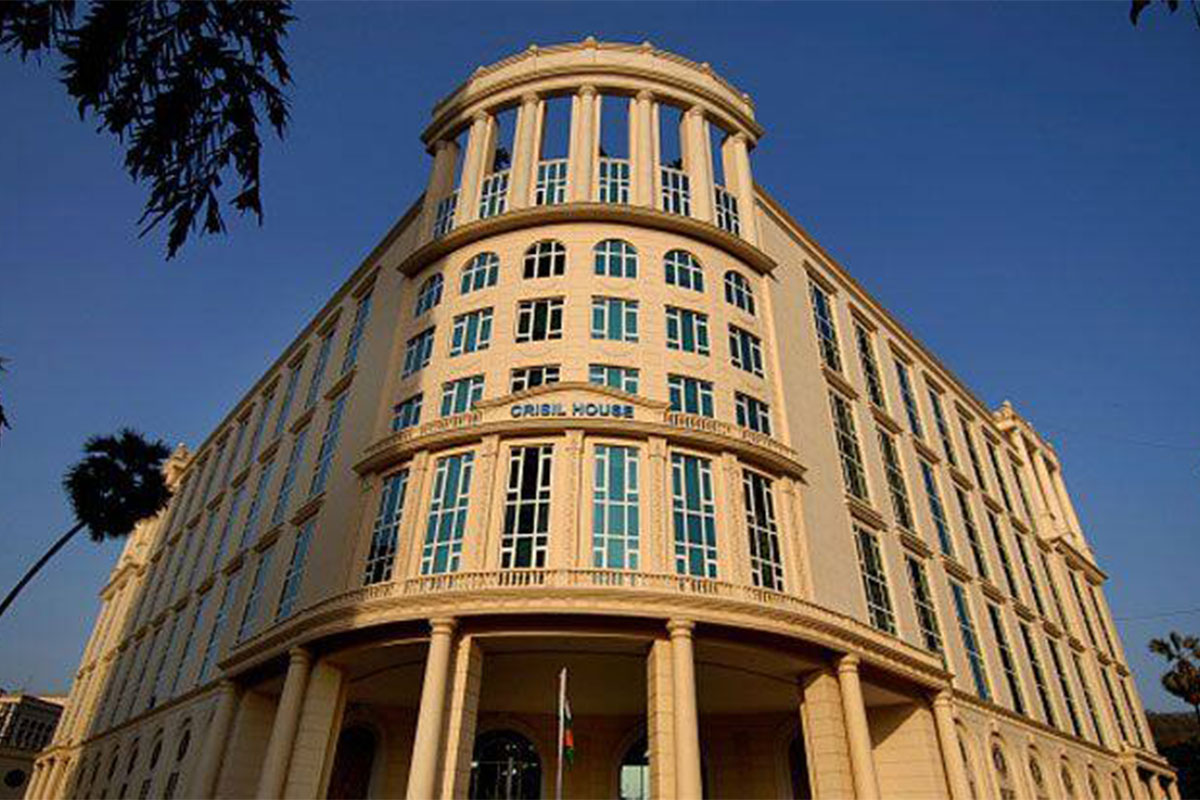Higher industrial activity spurs power demand in November: Report
The CRISIL report also states that power generation is estimated to have increased around 5.4 per cent year-on-year to 136 BUs this November, more than meeting the monthly demand.
Besides, it said that trade has also normalised faster than the rest of the economy, with both exports and imports scaling pre-pandemic levels.

In addition, it said that operating profit margin, which touched a decadal high this fiscal, should sustain despite some cost pressure. (Photo: Getty)
India’s gross domestic product (GDP) growth is expected to rebound to 11 per cent in fiscal 2022, after an estimated 8 per cent contraction this fiscal, ratings agency Crisil said.
Accordingly, the agency cited four drivers to attain such growth — “people learning to live with the new normal, flattening of the Covid-19 affliction curve, rollout of vaccinations, and investment-focused government spending”.
Advertisement
However, as in this fiscal, the pace of growth will differ in the first and second halves next fiscal, it said.
Advertisement
“While the first half next fiscal will benefit optically because of low-base effect, the second half would see a more broad-based pick-up in economic activity owing to a commodity price lift, large-scale vaccinations and likely stronger global growth,” the agency said.
“But recovery won’t be easy, with scars of the pandemic deep for small businesses and the urban poor; the rural economy has been more resilient versus urban, and services are lagging manufacturing in recovery.”
Besides, it said that trade has also normalised faster than the rest of the economy, with both exports and imports scaling pre-pandemic levels.
“While exports are recovering well for large industries, and agriculture and allied sectors, they remain weak for labour-intensive, small-enterprise driven segments such as gems and jewellery, garments, and leather products because of their discretionary nature.”
As per the agency, corporate revenue growth has surprised with a ‘V’-shaped recovery in the first nine months of this fiscal by cresting three tailwinds — “resilience in exports of information technology services and pharmaceuticals, the commodity upcycle, and price hikes that offset volume declines in automobiles”.
“Next fiscal, revenue should grow 15-16 per cent, led by volume recovery across sectors on two consecutive low-base years and higher investment spend by the government, especially in core infrastructure segments of roads, railways, urban infrastructure.”
“Shorn of the optical base-effect, revenue will be only 8-9 per cent higher than in fiscal 2019.”
In addition, it said that operating profit margin, which touched a decadal high this fiscal, should sustain despite some cost pressure.
“In the context, medium-term prospects of the economy hinge critically on revival of the investment cycle, which has been one of the biggest impediments to structural growth for many years now.”
“The recent pick-up in public investment provides a glimmer of hope.”
Advertisement